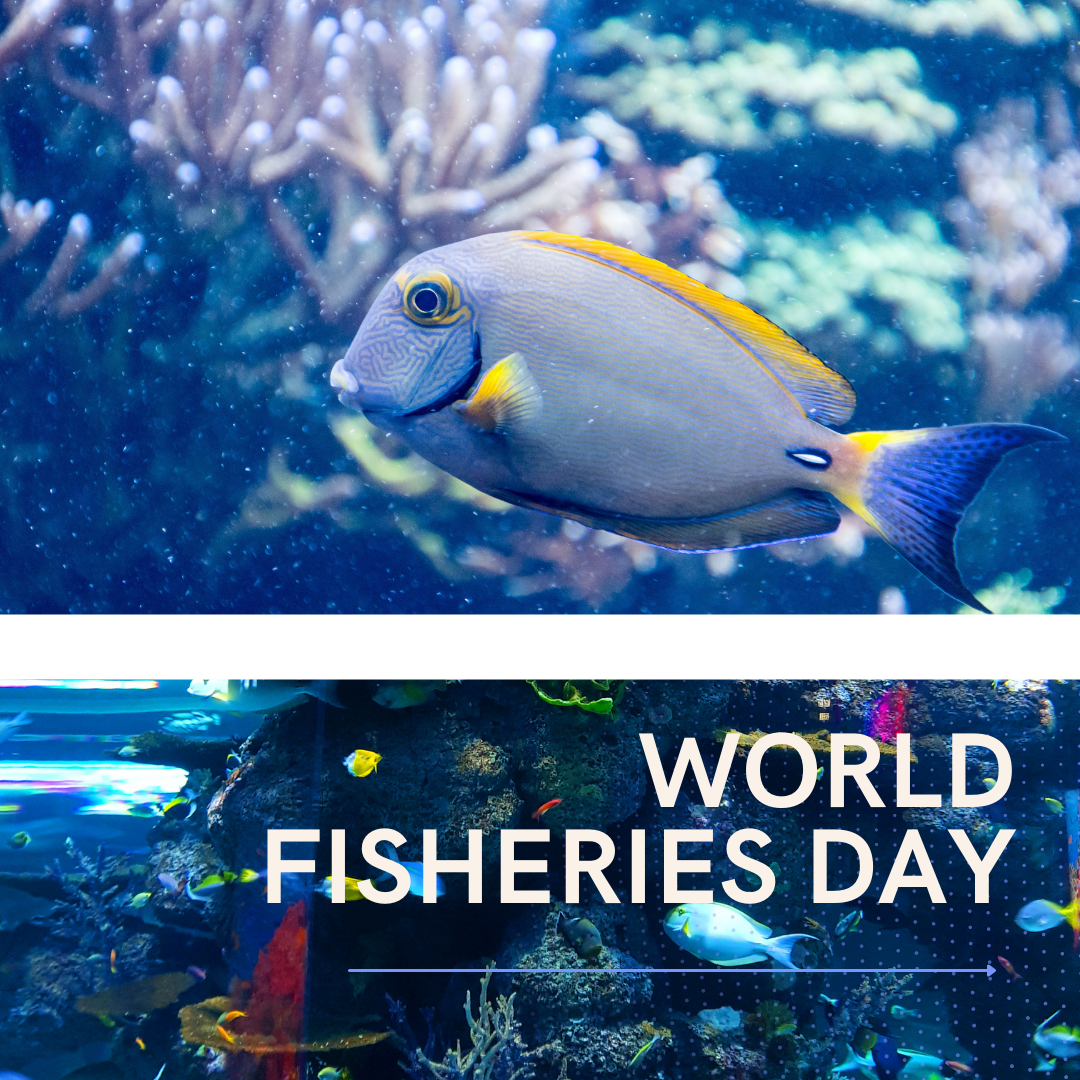November 21st of every year is usually set aside to mark the world fisheries day. The key focus of this special day is to create massive awareness on the problem bothering on the fisheries resource, the need for sustainable fisheries, conservation of marine biodiversity and improving the livelihood of fishers.
Fisheries plays a very significant role in the world, aside from being a source of food, coastal and inland fishing serve as a major source of livelihood for a huge population of people especially in those in developing countries. According to the Food and Agriculture Organization in 2018, an estimated 59.5 million people are engaged in fisheries and Aquaculture with the largest percentage being in Africa and Asia. Fisheries resources are therefore of immense importance to food security, poverty alleviation and improved livelihood for many.
Despite this importance, Fisheries resources have been in danger of depletion. Data from the FAO shows that the percentage of fish stock within biological sustainable levels has decreased from 90 percent in 1974 to 65.8 percent in 2017. Most of this depletion is due to overfishing, water pollution, oil spillage and most recently ghost gear.
In Nigeria, most of the problems of fishing are really pronounced. From a research carried out by SOFER Initiative, it was discovered that the average number of nets carried on a single fishing trip is between 15 to 21; this unsustainable fishing method continues to cause depletion in fish stocks. Water pollution and oil spillage are also cause for serious concern. It is on this premise that there is a need to review current regulations guarding fisheries resources and proper enforcement by relevant authorities.
Most recently it has also been discovered that ghost gear poses a serious threat to fisheries resources. Analyzing the current scientific evidence, World Animal Protection estimates that ghost gears kill at least 136,000 seals, sea lions and large whales every year not including the number of birds, turtle fish and other species which are much more. SOFER Initiative have continued to put in efforts to reduce this problem in Nigeria and West Africa through her Fishing Net Gains project.
A fisheries day would not be complete without discussing the livelihood of artisanal fishers. In Nigeria the state of most fishing communities is cause for concern to both governments and well meaning organizations. Most of these communities have no schools, health centers, pipe borne water or even electricity. During a research and development activity by SOFER Initiative in one of the fishing communities it was sad to witness the death of a child due to absence of health care facilities.
Also, unlike farmers most fishers have no access to credit facilities, subsidies or any incentives whatsoever even though their activities are of immense benefits to the food sector. Since 80 percent of Nigeria’s total domestic production of fish is generated by artisanal fishers it is important that their welfare be taken into consideration. Fishing communities should be provided with basic infrastructures and fishers should have access to loan facilities and insurance for successes in their activity.
Finally, let’s all work together to improve our fisheries resources for a better tomorrow.
HAPPY WORLD FISHERIES DAY!


Leave a Reply
You must be logged in to post a comment.